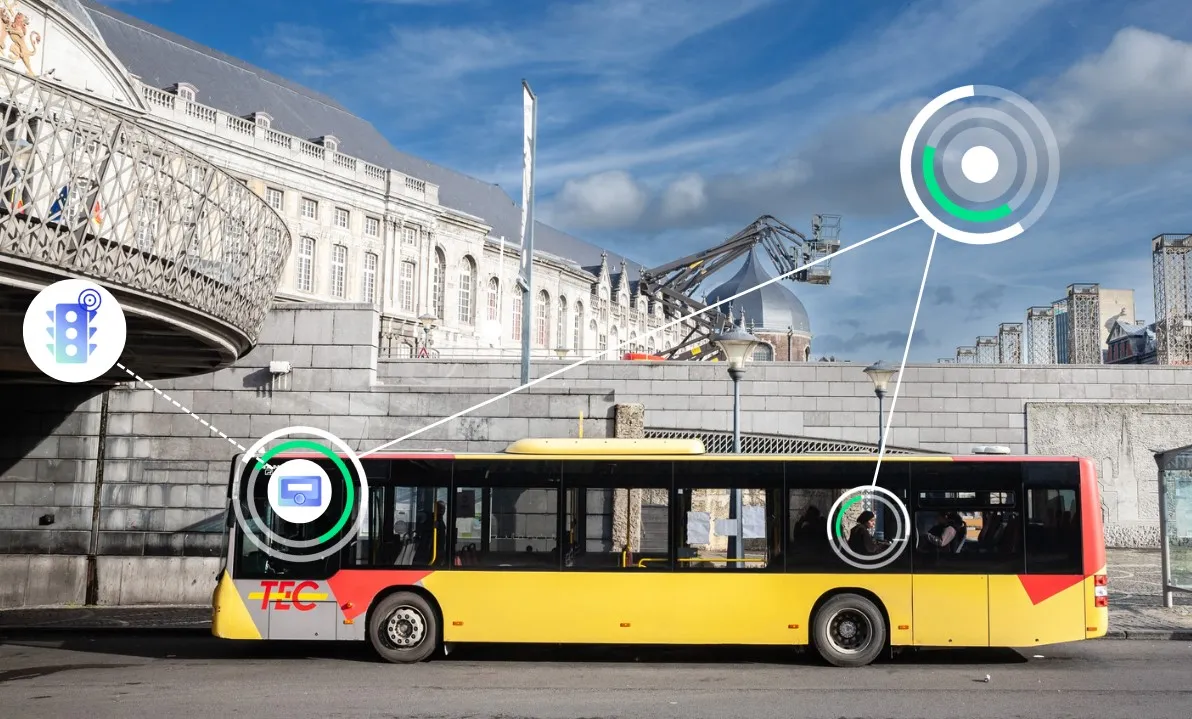
Yunex Traffic is to deliver the traffic control software solution for a major infrastructure project in Sydney, Australia.
The twin, 6.5km Western Harbour Tunnel, currently under construction, will run beneath the city's harbour with three lanes in each direction, creating a western bypass for the central business district and taking pressure off existing routes such as the Sydney Harbour Bridge.
Yunex Traffic will work with Transport for New South Wales and Acciona to deploy its motorway control system, Yutraffic Varia.
The company says the platform integrates all important tunnel systems and sub-systems - relating to ventilation, lighting, traffic flow and so on - which means operators "will be able to monitor and manage all processes in a single application, simplifying control and increasing safety".
Automatic response plans and strategies enable an immediate reaction to unpredictable traffic situations and incidents, such as a blocked lane, a stationary vehicle or even a fire in a tunnel, it adds.
Transport for NSW says the new tunnel will provide "improved transport connections with faster access to public transport interchanges and future opportunities for new direct bus services".
The key reason for the expansion is because Sydney's population is projected to grow from five million to eight million over the next 40 years, with the city's economy expected to double by 2031.
“Sydney is an example of what we see around the world: while a growing urban population promises economic growth, the existing transportation infrastructure demands innovation that meets people's needs," says Fred Kalt, MD of Yunex Traffic Asia Pacific.
"Intelligent solutions are needed to help reduce congestion, increase travel speed and safety – and ultimately lead to more livable cities with cleaner air to breathe."
The Western Harbour Tunnel is being delivered in two stages, with Acciona delivering the second. This includes the excavation and construction of an underground motorway from Cove Street Rozelle to North Sydney, with direct connections to and from the Warringah Freeway, an off-ramp to Falcon Street and an on-ramp from Berry Street at North Sydney.
The contract also includes ventilation outlets, motorway facilities, and the mechanical and electrical fit-out of the entire tunnel.









